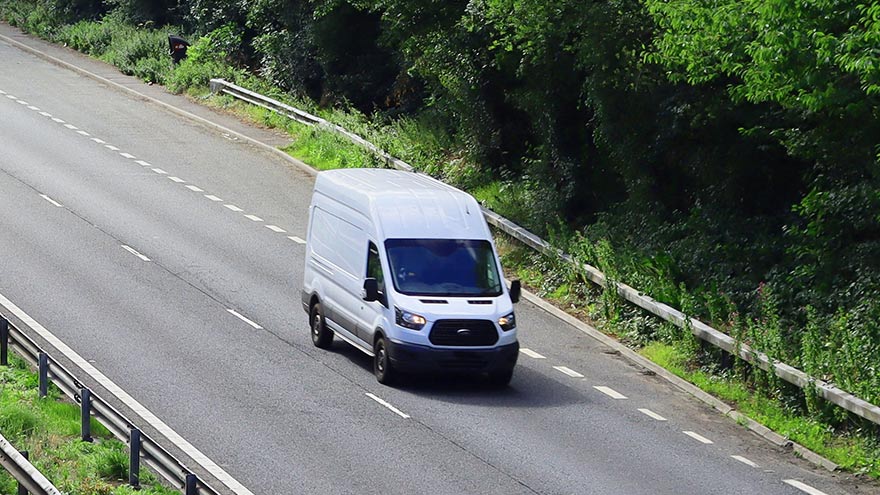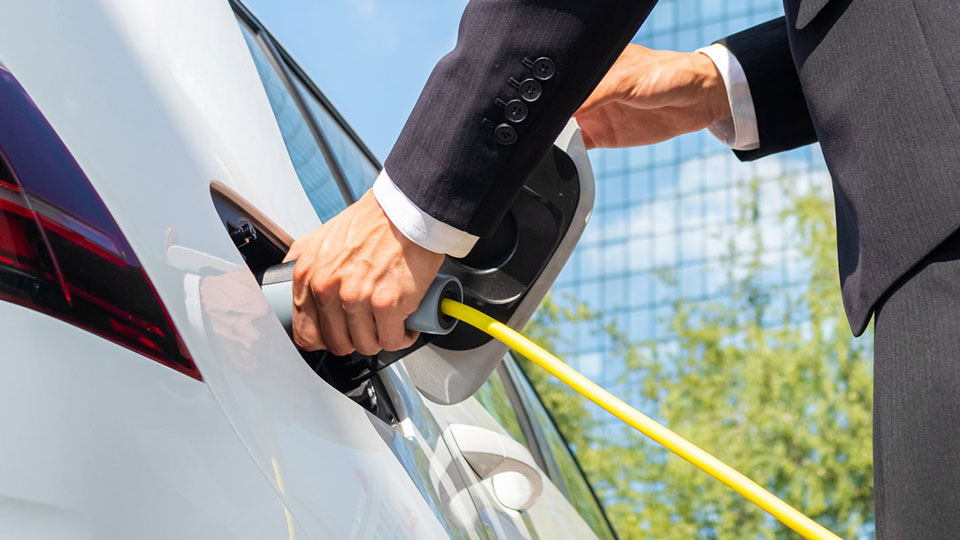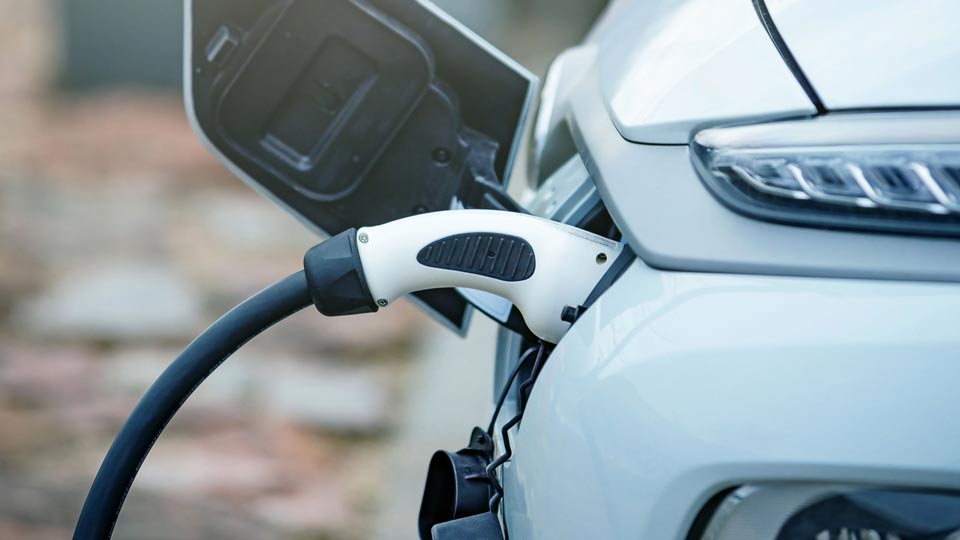Start your sustainable fleet journey
Take steps to reduce your CO2 emissions and become more sustainable. We’re here to help.
Where are you in your sustainability journey?
Make progress no matter where you are in the maturity of your sustainability initiatives.

Assess your fleet’s environmental impact
Measure your current CO2 emissions and research sustainable fleet practices.
Geotab Sustainable Fleet Solutions: Insights to help fleets reduce emissions
Whether you are just beginning to assess your fleet’s environmental impact or you are looking for ways to accelerate your decarbonization efforts, Geotab is here to help.
Assess your fleet’s environmental impact
Adopt sustainable fleet practices
Accelerate your decarbonisation efforts
Aspire to create lasting change
Create a more sustainable future for the transportation sector
Continue to promote change. Participate in studies that contribute to a better understanding of what it means to be more sustainable. Here are a few examples of how other organisations have done their part.
- Enterprise Fleet Management examined the potential benefits of adding EVs to their fleet. They found that up to 45% of their vehicles could be replaced with an EV, saving them $167 million.
Read the Success story - North American Council for Freight Efficiency’s “Run on Less” demonstrations highlight advancements in freight efficiency and electrification by profiling real-world fleet vehicles in everyday operation.
Learn more - Geotab explored the potential of fleet electrification across Europe and found that 59% of the analysed vehicles could economically be replaced with an EV.

Leaders in sustainable fleet

DB Regio Bus uses telematics to promote innovation for the future of its public transport services
DB Regio Bus reduced their CO2 emissions by approximately 1,400 tonnes a year and substantially reduced fuel costs by leveraging data insights to optimize its fleet.

Enterprise uncovers the potential of fleet electrification
A success story with Enterprise Fleet Management and their journey towards electrifying their fleet.

SBB AG: Data-driven electrification of the fleet on the path to climate neutrality
Learn how SBB AG has started to electrify its fleet in order to take a decisive step toward their goal of becoming climate neutral by 2040.
Resources for your sustainability journey
Whether you’ve just begun to assess your fleet’s environmental impact or you’re looking for ways to accelerate your efforts, we’re here to help.
Commonly asked questions
What are sustainable fleet management practices?
Sustainable fleet management refers to activities centered around reducing the environmental and social impact of fleet vehicles, including strategies such as:
• GPS tracking
• Monitoring and training drivers to encourage fuel-efficient and safe driving behaviours
• Reduction of idling and greenhouse gas emissions
• Adoption of electric vehicles (EVs) including plug-in hybrid (PHEVs) or battery electric vehicles (BEVs)
• Rightsizing of vehicles to the correct duty cycles
• Use of alternative fuels
• Car sharing
• Considering alternative modes of transportation altogether
• Creation of preventative, rather than reactive maintenance programs
How can Geotab help with sustainable fleet management?
Geotab offers a full range of sustainability solutions, including:
• EV fleet management to ensure fleets get the best performance and greatest value out of their electric vehicles
• Electric Vehicle Suitability Assessment to support and justify the transition to electric
• Environmental performance dashboards and reports to enable fleets to reduce their emissions of greenhouse gases (GHG) and other pollutants
• Vehicle tracking to enable fleet and dispatch managers to optimise routing and reduce transport mileage
• Data insights to enable local authorities and other government agencies to improve traffic safety, reduce congestion and improve local air quality
What are the benefits of green fleet management?
Green fleet management has a tremendous amount of benefits for fleets, including:
• Reducing the organisation's carbon footprint through supporting fuel efficient driving behaviours, better route management and/or use of alternative-fuel vehicles with fewer to no emissions
• Lowering long-term costs, such as spending less on fuel, oil, maintenance and even insurance, by reducing the occurrence of at-fault collisions
• Complying with any applicable emissions regulations
• Improving driver morale and staff retention rates
Start implementing sustainable fleet solutions
Learn how to optimise your fleet and reduce your CO2 emissions.

